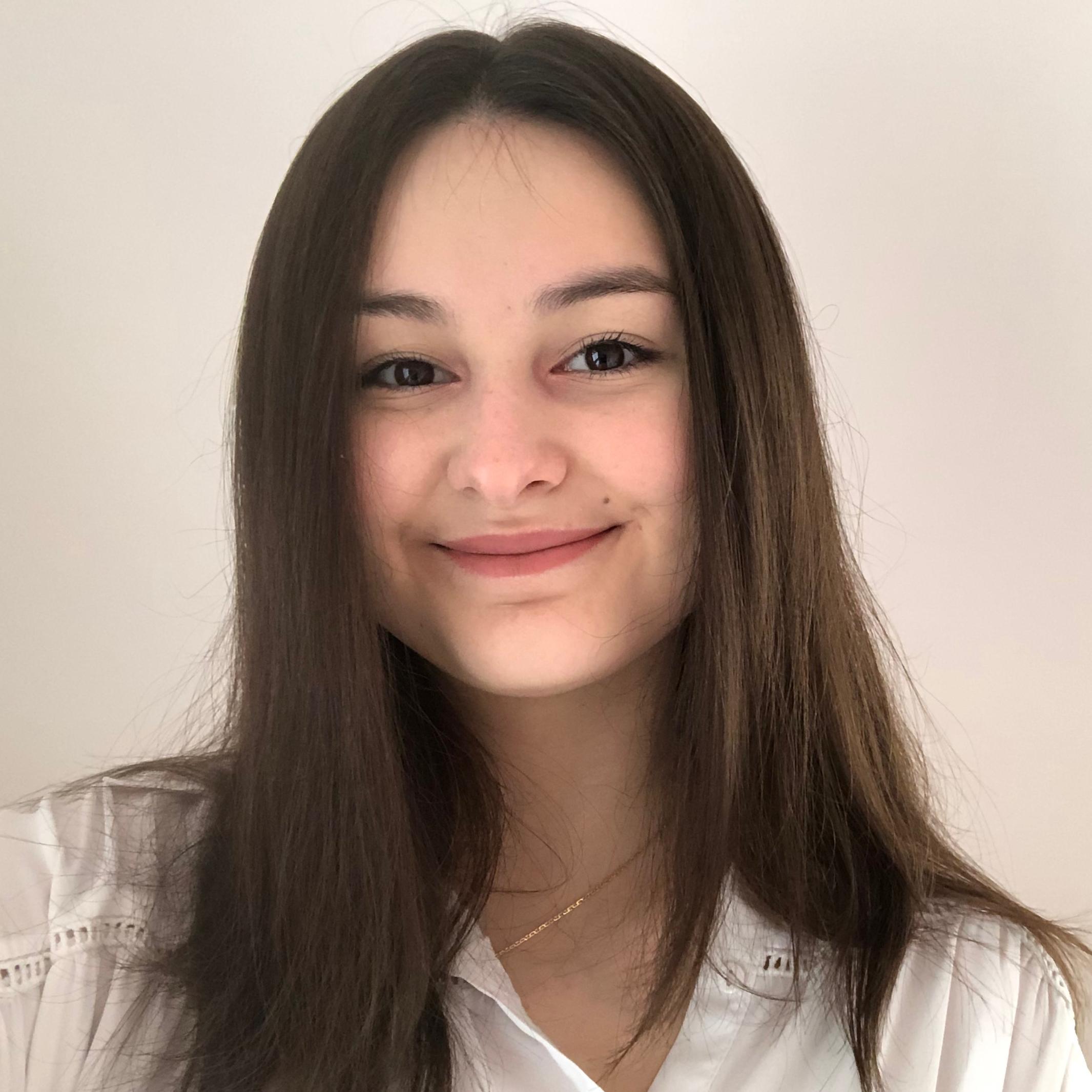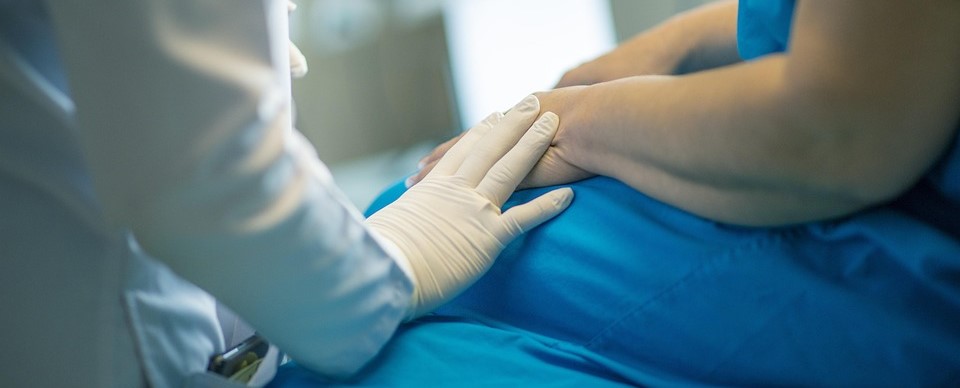The use of artificial intelligence in medicine is a growing phenomenon. In this field, it mainly concerns the use of deep learning algorithms. This is a process in which artificial neural networks are able to learn on the basis of large amounts of data thanks to algorithms designed to operate similarly to neurons in the human brain. In this way, they can recognize lesions based on imaging studies.
Breast cancer is the second leading cause of cancer deaths among women in the US. However, it would be an understatement to cite only these figures. It is also the most common cancer in women, being the leading cause of cancer death among them and accounting for some 500,000 deaths annually worldwide. However, there is a way to improve the process of diagnosis and improve outcomes for female cancer patients. It is presented in the publication “Deep Neural Networks Improve Radiologists’ Performance in Breast Cancer Screening,” one of the co-authors of which is a Polish-born computer scientist and NYU Grossman School of Medicine assistant professor Krzysztof J. Geras. The model created by the article’s authors is based on the aforementioned deep conventional neural network used to classify breast cancer screening [1].
Currently, mammography, an imaging examination of the breast, is considered the primary diagnostic method for breast cancer. However, despite the high effectiveness of mammography and its role in the early detection of malignant tumors, there is a likelihood that a given cancerous lesion will go undetected and that false-positive diagnoses and associated false-positive biopsy results will be made. To prevent this and assist radiologists in interpreting breast cancer screening, researchers are working on a new generation of tools similar to computer-aided detection (CAD). CAD is used to assist in the interpretation of images in mammographic examinations and is designed to support the radiologist’s diagnostic decisions with processing, analysis and recognition methods. The design of CAD-like tools is enabled by convolutional neural networks (CNNs). A CNN is a kind of learning model that can take an input image and classify it according to predefined categories. [2] This is what was used to develop the model presented in the article. Thanks to the introduced strategy, the model achieves human-competitive performance and creates heat maps that are easy for a doctor to interpret, indicating the location of suspicious lesions in the patient’s body. The neural network built by the authors of the publication, which can accurately classify breast cancer screening, proves to be as accurate as experienced radiologists. However, it brings the greatest benefits when combined with the action of a human, in this case a doctor.
Recent achievements are just the beginning of research related to the introduction of artificial intelligence into breast cancer diagnosis. It is possible to create even more advanced and accurate models that will give breast cancer detection a chance to become increasingly effective. However, the development of medical diagnostics using deep learning is a hope not only for cancer patients, but also for those struggling with many other cases. Their detection at an early stage can be a chance to save a patient’s health and sometimes even life.
Bibliography:
- Wu N., Phang J et al. Deep Neural Networks Improve Radiologists’ Performance in Breast Cancer Screening, IEEE TRANSACTIONS ON MEDICAL IMAGING, 2020, VOL. 39, NO. 4.
- Y. Lecun, L. Bottou et al. Gradient-based learning applied to document recognition in Proceedings of the IEEE, 1998, VOL. 86, NO. 11, online access on: 14/12/2022 https://ieeexplore.ieee.org/document/726791
Krzysztof Geras, Aleksandra Oleszycka




